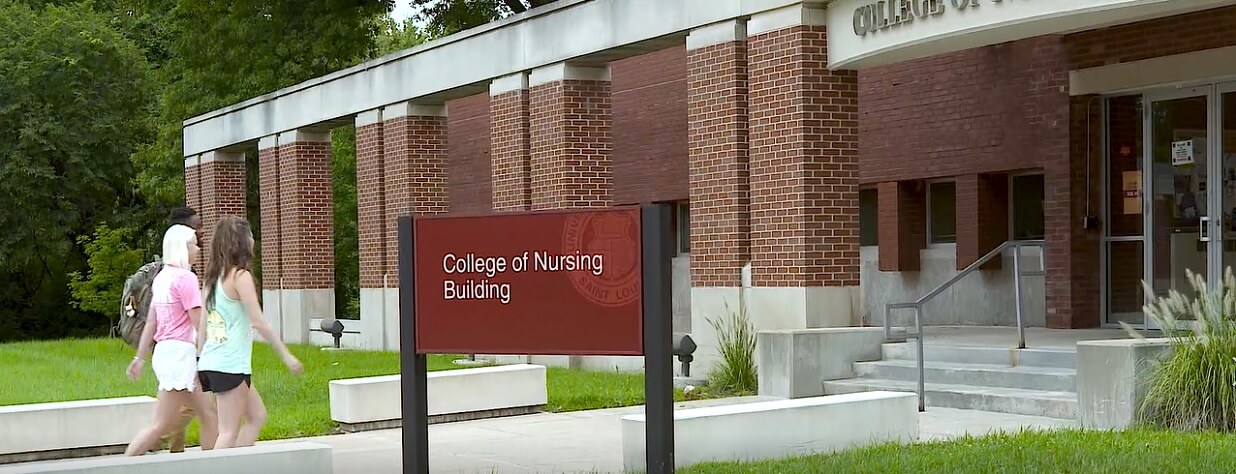Document Type
Article
Keywords
attitude toward life, COVID-19, path analysis
Abstract
Introduction: During the COVID-19 outbreak, China applied a unique volunteerism system in which nurses and physicians traveled to the epicenter to care for patients. During the same period, another group, nurse and physician nonvolunteers, stayed at their home hospitals outside of the epicenter and cared for patients without COVID-19. Yet only one Chinese study examined psychological responses comparing these groups. Objective: To explore whether relationships among compassion satisfaction, general health, attitude toward life, satisfaction with life, perceived stress, and posttraumatic stress disorder (PTSD) symptomatology differ between volunteers and nonvolunteers. Attitude toward life is examined for the first time in COVID-19 research. Methods: A cross-sectional study was conducted (259 nurse and physician volunteers, 330 nurse and physician nonvolunteers). Online survey data were analyzed using multisample path analysis. Results: There was no significant difference between volunteer and nonvolunteer models. In the volunteer model, paths significantly related to PTSD symptomatology included compassion satisfaction (total effect, β = −0.12), general health (total effect, β = −0.09), attitude toward life (direct effect, β = −0.30; total effect, β = −0.30), and perceived stress (direct effect, β = 0.30; total effect, β = 0.30), and in nonvolunteers included general health (direct effect, β = −0.11; total effect, β = −0.11) and attitude toward life (direct effect, β = −0.47; total effect, β = −0.47). Conclusion: No significant difference between models means both groups could benefit from psychological intervention. Within each model, significant paths were identified. For volunteers, counselors might focus on compassion satisfaction and perceived stress and, for both volunteers and nonvolunteers, on health and attitude toward life. Delivering counseling based on key indicators in China may help prevent or mitigate PTSD. Globally, researchers could identify factors to target and determine to whom long-term counseling might be directed. Findings about attitude toward life lay the groundwork for future research. © The Author(s) 2024.
Publication Date
Winter 12-2024
Publication Title
SAGE Open Nursing
ISSN
23779608
Volume
10
First Page
1
Last Page
12
Rights
Creative Commons Non Commercial CC BY-NC: This article is distributed under the terms of the Creative Commons Attribution NonCommercial 4.0 License (https://creativecommons.org/licenses/by-nc/4.0/) which permits non-commercial use, reproduction and distribution of the work without further permission provided the original work is attributed as specified on the SAGE and Open Access page (https://us.sagepub.com/enus/nam/open-access-at-sage).
DOI
10.1177/23779608231215580
Recommended Citation
Li, Fan; Gu, Haiping; Tokac, Umit; Werner, Kimberly; Fish, Anne F.; and Lou, Qingqing, "A Multisample Path Analysis Including a Novel Psychological Indicator, Attitude Toward Life, After the First Wave of COVID-19" (2024). Nursing Faculty Works. 11.
DOI: https://doi.org/10.1177/23779608231215580
Available at:
https://irl.umsl.edu/nursing-faculty/11


